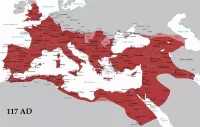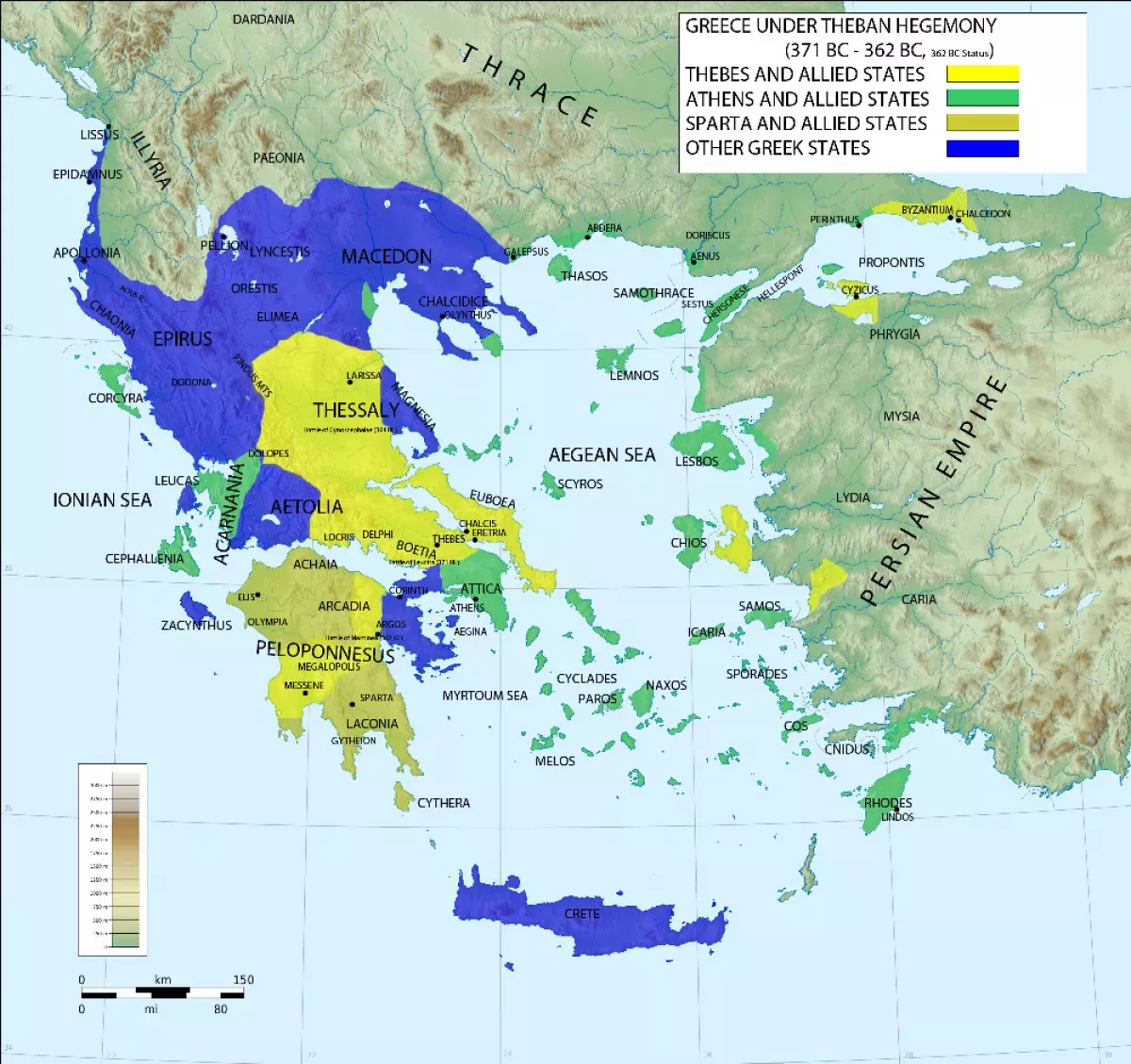Hegemony refers to the dominance of one state over others, encompassing political, economic, and military power. This influence can be exerted regionally or globally, establishing a hierarchical relationship where the hegemonic power exerts significant control and influence over subordinate states. It involves a combination of hard power (military and economic strength) and soft power (cultural influence and ideological appeal) to maintain its position and shape the international order. Understanding hegemony is crucial for analyzing international relations and power dynamics between nations.
1901: End of Queen Victoria's Reign
In 1901, Queen Victoria's reign ended, during which the British Empire reached its zenith, ruling over a substantial portion of the world's land and population. The British Empire, characterized by its seaborne nature, controlled territories around the Indian Ocean, islands in the Pacific and Caribbean, the Indian subcontinent, and large parts of Africa.
1914: Great Power Politics
In 1914, the historical writing of the 19th century, the denotation of hegemony extended to describe the predominance of one country upon other countries, hegemonism denoted the Great Power politics (c. 1880s – 1914) for establishing hegemony (indirect imperial rule), that then leads to a definition of imperialism (direct foreign rule).
1918: Prussia as Predominant Province
In 1918, Prussia served as the militarily and culturally predominant province within the German Empire (1871–1918), exemplifying hegemony as leadership.
1933: Rise of Nazi Germany
In 1933, Nazi Germany emerged as a significant power, pursuing territorial expansion but failing to achieve global hegemonic status. This period was marked by multiple Great Powers vying for influence, with neither achieving overall dominance.
1945: Cultural Imperialism
By 1945, the United States was suggested as an example of cultural imperialism along with the Spanish, French and British Empires, and the German Reichs.
1945: End of Nazi Germany
In 1945, Nazi Germany's reign ended. The post-World War II era saw the United States and the Soviet Union emerge as the two strongest global powers, leading to a bi-polar power dynamic known as the Cold War.
1954: Formation of SEATO
In 1954, SEATO was formed. During the Cold War, both hegemons competed directly through the arms race and indirectly through proxy wars.
1955: Formation of Warsaw Pact and CENTO
In 1955, the Warsaw Pact and CENTO were formed. During the Cold War, both hegemons competed directly through the arms race and indirectly through proxy wars.
1977: SEATO disbandment
In 1977, SEATO disbanded. During the Cold War, both hegemons competed directly through the arms race and indirectly through proxy wars.
1979: CENTO disbandment
In 1979, CENTO disbanded. During the Cold War, both hegemons competed directly through the arms race and indirectly through proxy wars.
1985: Hegemony and Socialist Strategy
In 1985, Ernesto Laclau and Chantal Mouffe defined hegemony in "Hegemony and Socialist Strategy" as a political relationship of power wherein a subordinate society performs tasks that benefit the hegemon's interests, not their own.
1991: Dissolution of the Soviet Union
In 1991, the Soviet Union dissolved, leaving the United States as the world's sole hegemonic power.
1999: US as a Hegemonic Hyperpower
In 1999, Hubert Védrine, a French Socialist politician, characterized the United States as a hegemonic hyperpower due to its unilateral military actions worldwide.
2006: China's Rise to Hegemony
In 2006, Zhu Zhiqun posited that China was on its way to becoming a world hegemon, suggesting the focus should be on a peaceful transfer of power between the US and China. This claim has faced opposition.
2019: Potential Third-Way Hegemony for China
In 2019, a study suggested that a "third-way hegemony" or Dutch-style hegemony might be the most feasible option to describe China's global hegemony in the future, as opposed to a peaceful or violent hegemonic rise.
Mentioned in this timeline
The Union of Soviet Socialist Republics USSR existed from to...
Germany officially the Federal Republic of Germany is a nation...
China officially the People's Republic of China is an East...
Japan is an East Asian island country located in the...

An empire is a political structure consisting of a dominant...

War is defined as an armed conflict involving the armed...
Trending

24 minutes ago Clara Tauson Dominates Linette in Dubai, Secures WTA 1000 Quarterfinal Spot

25 minutes ago Pegula Defeats Jovic, Advances to Dubai Quarterfinals; Set to Face Tauson
25 minutes ago Toyota Supra and Lexus LC May Share Platform for Next Generation Models
25 minutes ago Alaska Airlines pilots get shocking pay raises, reshaping network and margins.
26 minutes ago Ramadan 2026 Timetable: Fasting Hours, Suhoor, and Iftar Times Worldwide Confirmed.
1 hour ago Ski Mountaineering to Debut at Milan-Cortina Winter Olympics in 2026.
Popular

Jesse Jackson is an American civil rights activist politician and...
Randall Adam Fine is an American politician a Republican who...

Pam Bondi is an American attorney lobbyist and politician currently...

Barack Obama the th U S President - was the...

Martin Luther King Jr was a pivotal leader in the...

Ken Paxton is an American politician and lawyer serving as...
